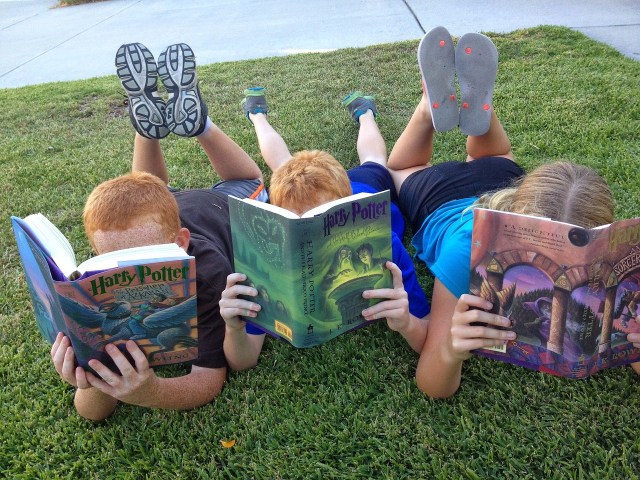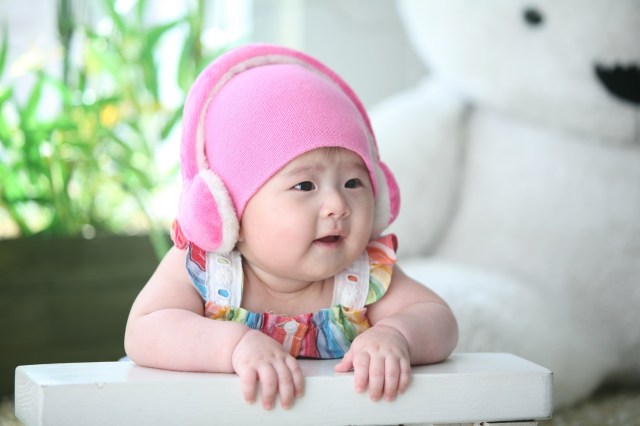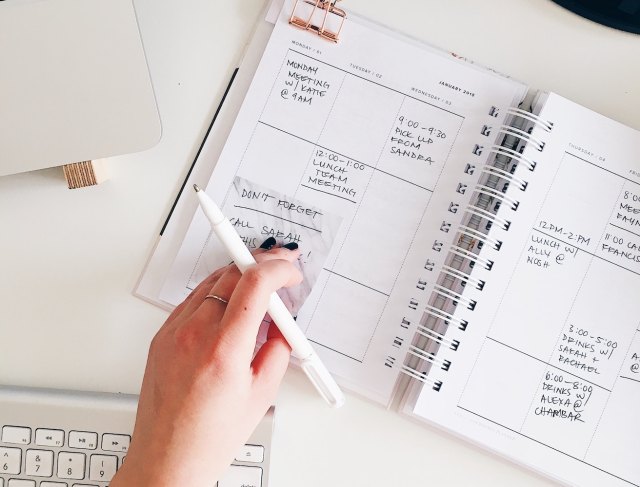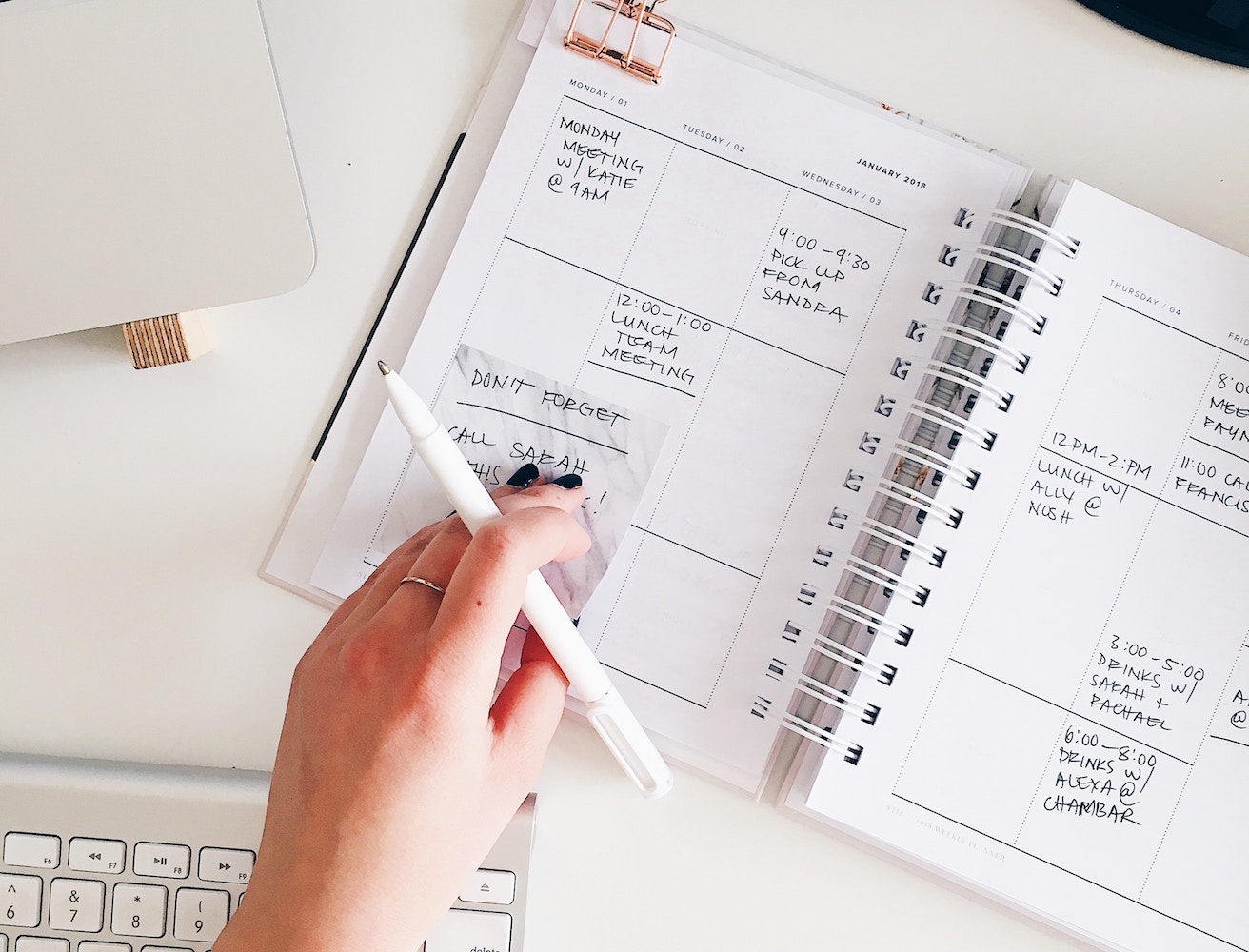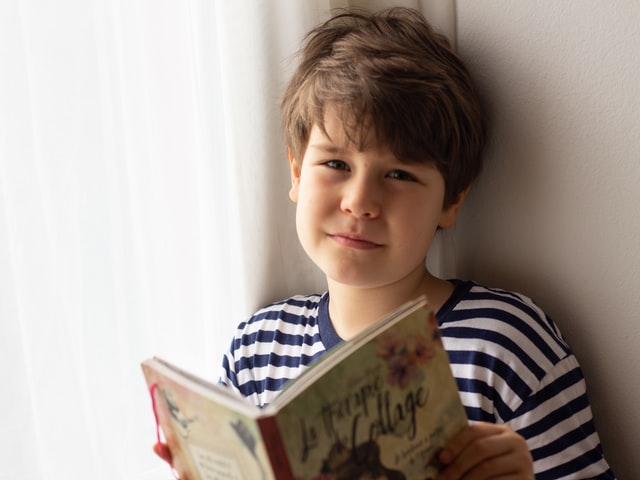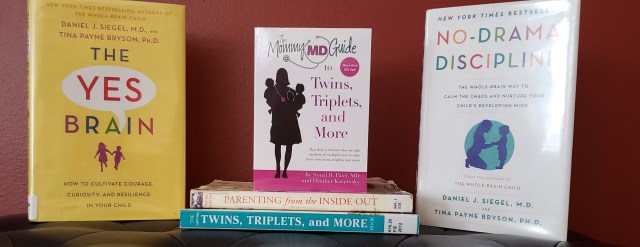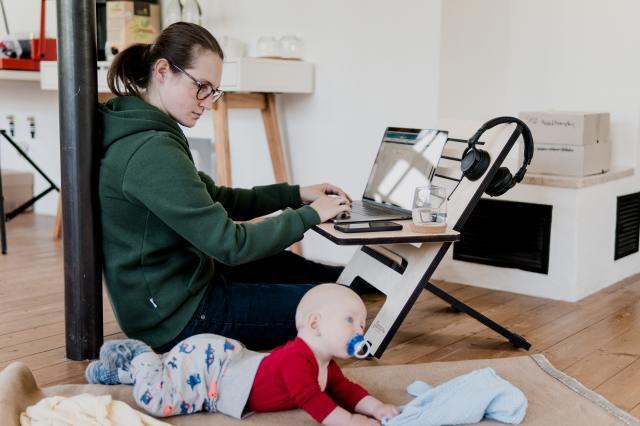“Kids say the darndest things.” How many times have we thought that and wanted to permanently capture our kids’ words? With the help of their adults, these young authors published and captured their best thoughts and words . . . and then some! Find a few of our favorite books by child writers and make sure to check out the options below to self-publish your mini’s best sayings. If the future belongs to our children, it is certain to be a bright and brilliant one with these young writers leading the charge.
Once "a Pun" a Time
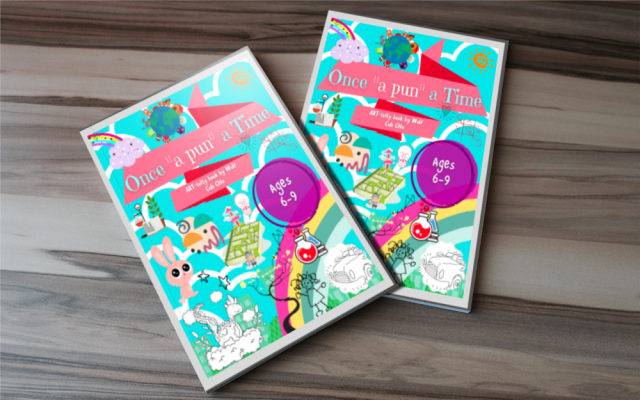
At six years of age, Chloe’s world turned upside down with a global pandemic and COVID-19. Feeling sad that so many people were getting sick, Chloe decided to work on something she was good at: bring smiles to faces and thus, the Once a Pun a Time joke book and later, art-ivity book was born. Chloe’s gift for family-friendly jokes and colorful art is delightful and a sure bet to have in every home.
Recommended for readers ages 5-10
Available on Amazon: Joke Book and Art-ivity Book
The Magic of Dragons: A Book About Dragons

The origins of dragons through a compilation of short stories is explained by Lazarus Q. Boutwell who, at age seven, wrote The Magic of Dragons: A Book About Dragons. He followed this up with The Monster Survival Guide in a valiant effort to ensure that all who come across shape-shifting goo or giant monsters that freeze kids have the best chance for survival against these ghastly beasts.
Recommended for readers ages 6-8
Available on Amazon: The Magic of Dragons: A Book About Dragons and The Monster Survival Guide
Swordbird
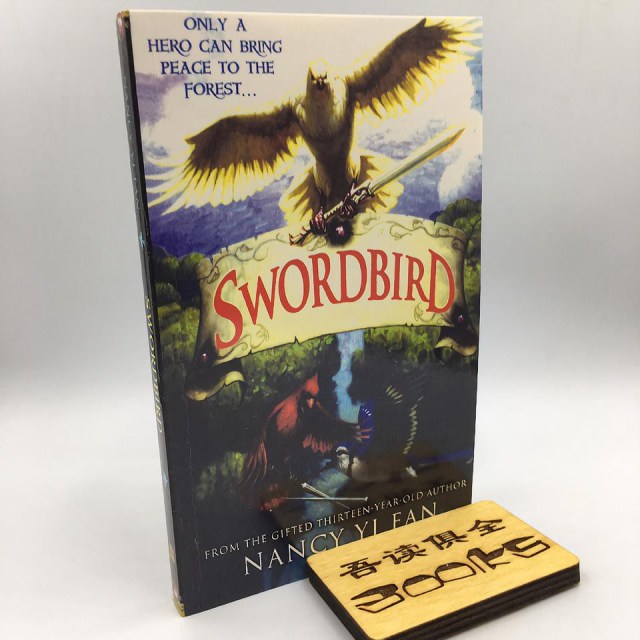
Becoming a New York Times best-selling author is a distinguished achievement but imagine doing that at age 11! Nancy Yi Fan accomplished that very feat with her debut novel, Swordbird, which was written in response to a world at war then followed it with Sword Quest and Sword Mountain. Young readers will love soaring into Nancy’s fantasy bird world in which avian friends and enemies alike search for peace while displaying loyalty, heroism and courage.
Recommended for readers ages 8-12
Available on Amazon: Swordbird, Sword Quest & Sword Mountain
My Book for Kids with Cansur: A Child’s Autobiography of Hope
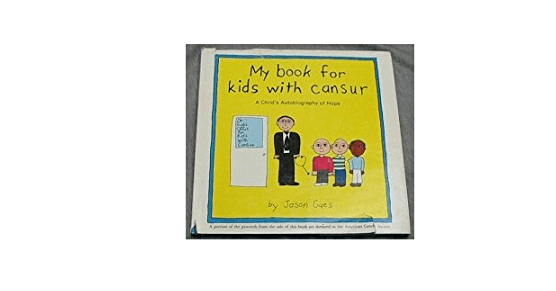
Seven-year-old Jason offers a glimpse of life with “cansur” and how he coped with the treatments, operations and hospitalizations. Along with the illustration help of his twin brother, My Book for Kids with Cansur: A Child’s Autobiography of Hope is heartwarming and candid and aims to help both those afflicted with cancer and those without (Jason’s tip: don’t laugh at the baldness). Cured of lymphoma, Jason ends the book with his phone number for anyone to call for support and advice.
Recommended for readers age 6-9
Available on Amazon: My Book for Kids with Cansur: A Child’s Autobiography of Hope
Lena Carls and the Power of Friendship
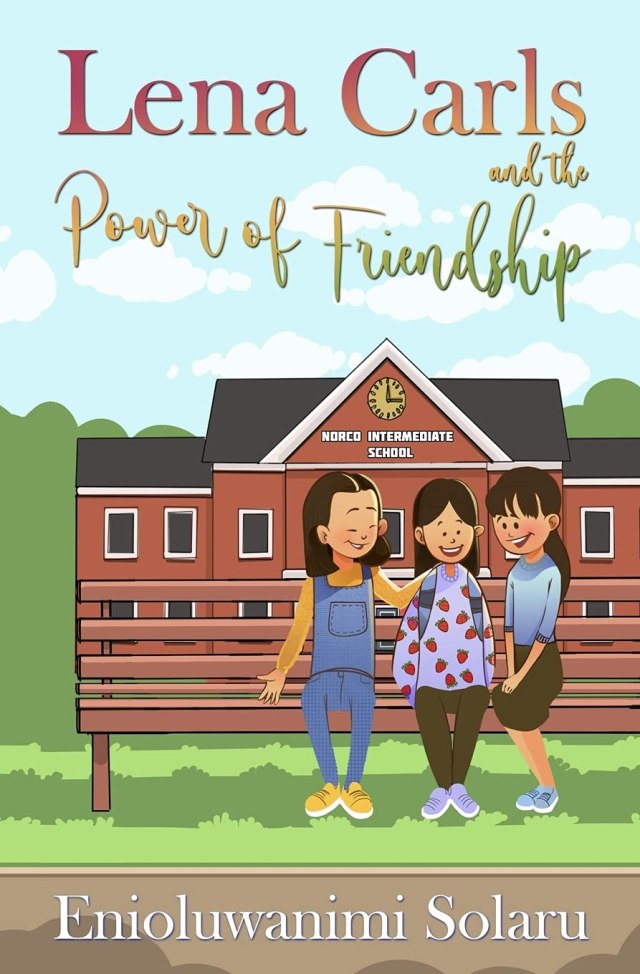
Enioluwanimi Solaru, also known as Eni, wrote Lena Carls and the Power of Friendship this past year about a girl who moves and deals with making and keeping new friends. From Silver Springs, MD, Eni plans on writing an entire series based on the main character, Lena, so be sure to be on the lookout for future books to complete the series!
Recommended readers ages 6-11
Available on Amazon: Lena Carls and the Power of Friendship
Heartsongs
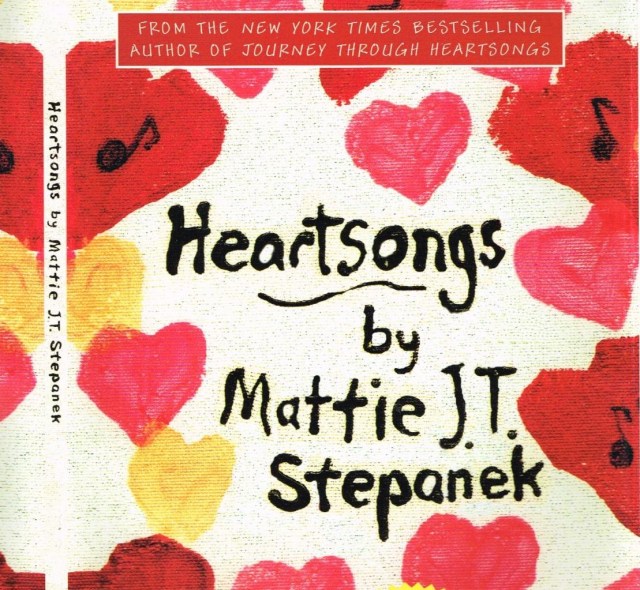
Mattie Stepanek lived with a rare, debilitating disease similar to muscular dystrophy that ultimately took his life but not before he wrote five best-selling books of poetry and two books. He regularly appeared on Oprah, Good Morning America and Larry King and lobbied for people with disabilities on Capitol Hill. His first poetry book, Heartsongs, was written at the age of 10 and rings distinctly with a message of hope and peace in words wise beyond his years—indeed, his legacy lives on.
Recommended for readers ages 8 & up
Available on Amazon: Heartsongs
Kylo Finds A Friend
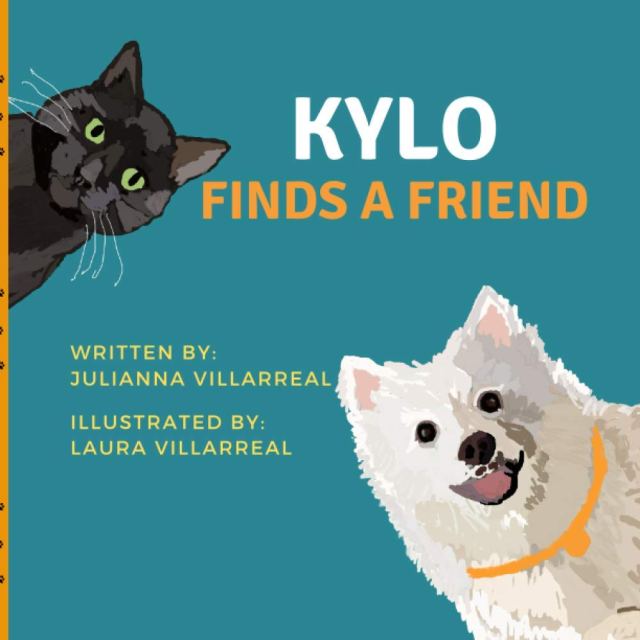
10-year-old Juliana Villarreal’s book, Kylo Finds A Friend, is about overcoming shyness and making new friends. Based on her own dog, Kylo Finds A Friend is a lovely rhyming story that aims to encourage reading in reluctant readers like herself. In the book, Kylo stops by a dog park and attempts to make new friends. Who will be his friend? Kids will laugh along with Kylo’s adventures and love the bright illustrations of adorable dogs by Juliana’s mom. Talk about a team!
Recommended for readers ages 0-8
Available on Amazon: Kylo Finds A Friend
The Magnificent King of Pasta

An enthralling world of fantasy will sweep readers into 10-year-old Jacob Shaw’s Pastaland, where wizardry and magic reign. In The Magnificent King of Pasta, King William and his son, Prince Daniel fight with valor to save their kingdom from the evil Salastro. Beyond just magic potions and spells, this is a story of integrity and courage when faced with adversity and readers will not be able to put this one down!
Recommended for readers ages 9 & up, perfect for reading aloud
Available on Amazon: The Magnificent King of Pasta
I Am Not
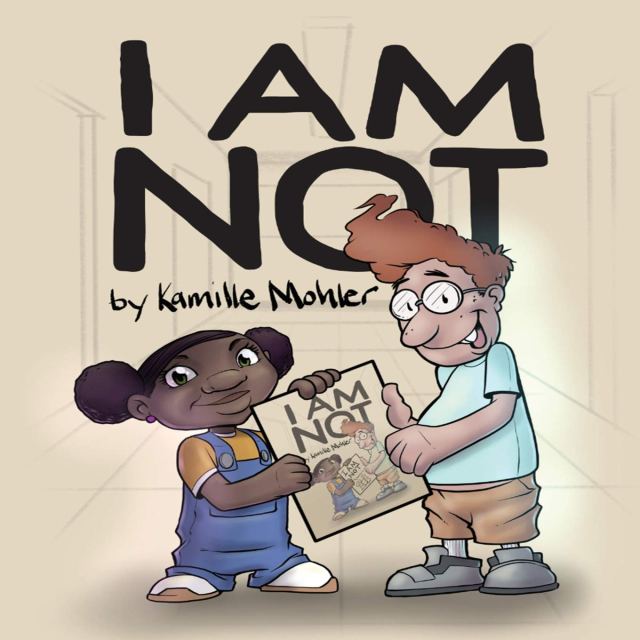
Inspired by her preacher stating that God can use kids to change the world, eight-year-old Kamille Mohler decided to write a book to address bullying. I Am Not is a 24-page poem form book that addresses who people are and are not—for instance, in an interview, she says, “I’m not my hair. My hair’s not too curly, my hair’s not too coarse. I am me!” She is currently working on a second book, If You Want to Be My Friend, also centered on anti-bullying.
Recommended for readers ages 8-12
Available on Amazon: I Am Not
How to Talk to Girls
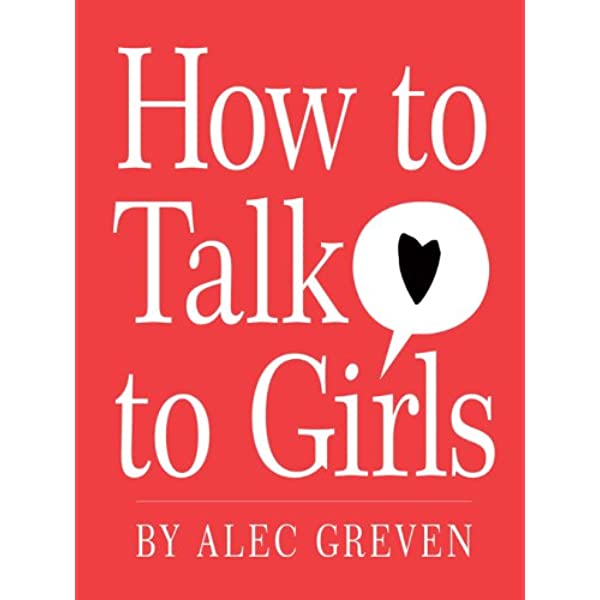
It is not often that an eight-year-old can call himself a New York Times best-selling self-help author but Alec Grevan can! As the youngest author ever to have a book on the distinguished list, How to Talk to Girls is a practical guide for any male, eight to 80, looking to impress and win over their girl of interest. Tips like: comb your hair, don’t wear sweats and control your hyperness (cut down on the sugar if you have to) will almost guarantee successful results according to Alec. His other books are: How to Talk to Moms, How to Talk to Dads and How to Talk to Santa.
Recommended for readers ages 6-10
Available on Amazon: How to Talk to Girls
One Morning I Looked in the Mirror and Saw...
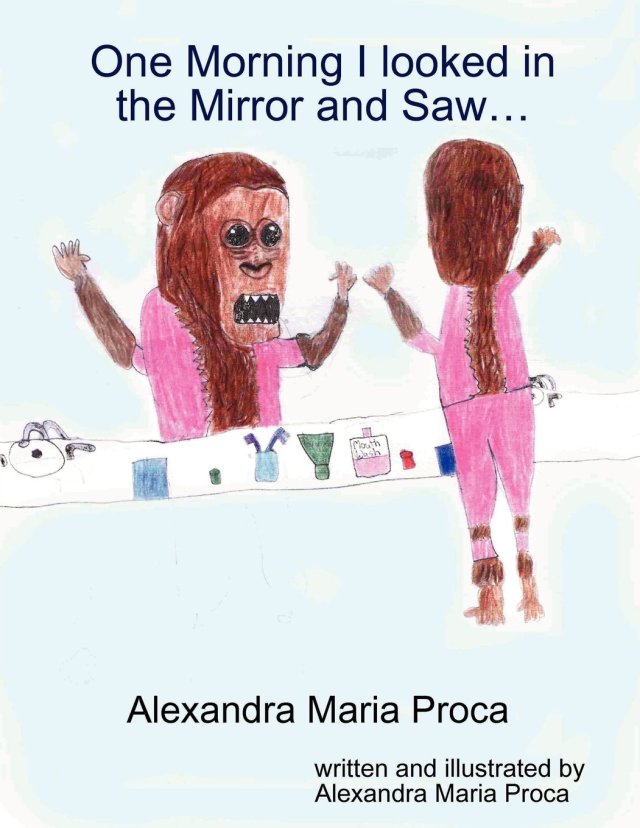
Third-grader Alexandra Maria Proca was only eight years old when she both wrote and illustrated her first book, One Morning I Looked in the Mirror and Saw... Young readers will be drawn to the colorful illustrations and eagerly follow the author along in her unusual day which starts the moment she looks in the mirror and ends with an unexpected surprise.
Recommended for readers ages 5-8
Available on Amazon: One Morning I Looked in the Mirror and Saw..
How to Talk to an Autistic Kid
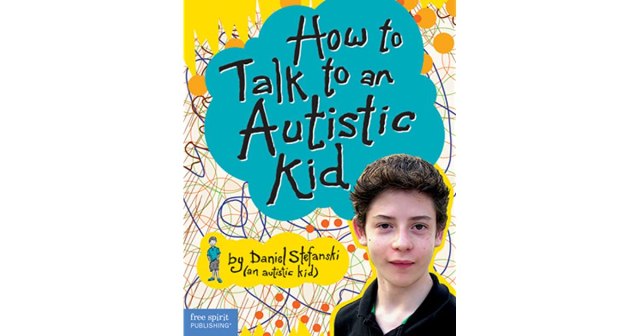
Why does an autistic kid stand so close? Why won’t he look at me? Why does she talk about the same topic over and over? 14-year-old autistic teen Daniel Stefanski answers these questions and more in his candid book, How to Talk to an Autistic Kid. An insightful look on autism, Daniel uses humor and gives advice on how to understand and befriend autistic kids. Daniel’s book will equip kids of all ages with the tools to confidently include their autistic friends who are not different, just special.
Recommended for readers ages 9 & up but great to read aloud
Available on Amazon: How to Talk to an Autistic Kid
Raise Your Hand
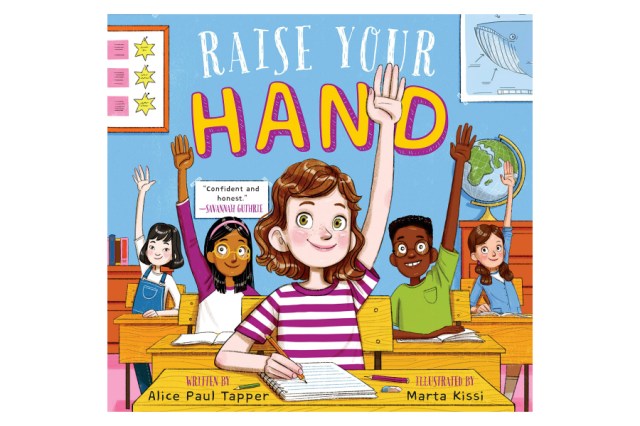
As we head back to school, 11-year-old Alice Paul Tapper’s Raise Your Hand is the perfect empowering book to read! While in class, Alice noticed that girls were less likely to raise their hands to answer questions and wanted to do something about it. She wrote this book and also created a Girl Scouts badge to encourage and help girls feel more confident in speaking up in class. While geared towards girls, boys will also benefit from the confidence-boosting and empowering message of this book.
Recommended for readers age 6-9
Available on Amazon: Raise Your Hand
Self-publishing platforms
Kindle Direct Publishing
Offered by Amazon, KDP offers first-time publishers an easy and seamless approach to self-publishing of both eBooks and paperback for free while earning up to 70% in royalty fees.
Online: kdp.amazon.com
BookBaby
Despite its name, BookBaby is a giant in the self-publishing world and also capable of printing small quantities of books, including one single copy of your pint-sized penman’s very best words and thoughts for $49.
Online: bookbaby.com
—Christine Lai
featured photo: Pixabay
RELATED STORIES
26 Kids Books That Feature Diverse Characters
12 Books That Will Make Your Kids Better People
80 Award-Winning Kids’ Books You Need for the Bookshelf
